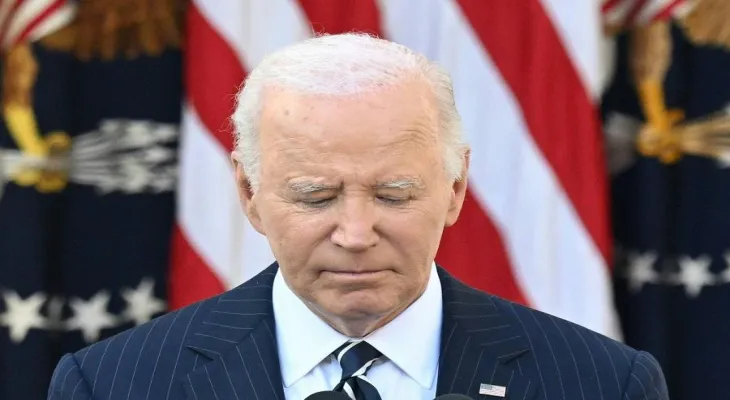Search here
Newspaper
Search here

Arab Canada News
News

Published: November 8, 2024
The Biden administration intends to make a last-ditch attempt to secure elusive agreements to end the war in Gaza and Lebanon, but the election of Donald Trump may leave Washington without enough leverage to compel Israel and other regional parties to comply with its wishes before Trump is inaugurated.
Sources and independent analysts have stated that senior U.S. officials who have traveled for months across the Middle East for peace negotiations will likely now face counterparts who are hesitant to take significant steps, preferring instead to wait for Trump’s inauguration in January.
Trump has promised to bring peace to the Middle East, but has not specified how to achieve that. However, if his first term bears any indications, he will likely adopt a strongly pro-Israel stance, surpassing even the robust support Biden has provided to Washington's primary ally in the region.
U.S. State Department spokesperson Matthew Miller said Thursday ahead of Trump’s second presidency, “We will continue to strive to end the war in Gaza, end the war in Lebanon, and enhance humanitarian assistance, and it is our duty to continue these policies until noon on January 20.”
But now that Biden has become a president with limited powers, it is likely that Israeli Prime Minister Benjamin Netanyahu, Trump’s close ally, and Arab leaders will not make a significant effort to achieve what the Democratic president desires, and they may be guided by the positions of his Republican successor, whose unconventional foreign policy in his first term kept the region on the brink of disaster.
Brian Finucane, a senior adviser at the U.S. Program at the International Crisis Group, says, “Their influence has diminished greatly... People may still answer their phone calls, but everyone is looking ahead to a new administration, one that will adopt different policies and priorities.”
Avoiding Risk
Since Trump won the election held last Tuesday against Vice President Kamala Harris, Arab and Israeli officials have already begun to avoid taking risks.
Egyptian security sources reported that Egyptian mediators working with their American and Qatari counterparts on ceasefire proposals in Gaza are waiting to see how Trump’s plans regarding the Palestinian territory will unfold.
While the world was watching the U.S. elections, Netanyahu, who left no doubt about his preference for Trump and hailed his victory as “historic,” dismissed Defense Minister Yoav Gallant, depriving the Biden administration of one of its favored Israeli partners.
The group Hamas, which has been fighting Israel for more than a year in Gaza following the attack on October 7, 2023, and the Lebanese armed group Hezbollah, which is engaged in a parallel conflict with Israeli forces, seem to be looking toward the upcoming Trump administration.
The retaliatory strikes between Israel and Iran have raised fears of a broader regional war.
Hamas urged Trump to learn from Biden’s mistakes, while Hezbollah expressed little hope for a shift in U.S. policy away from supporting Israel. However, Palestinian Authority officials expect to work with Biden's aides until Trump takes office.
Washington sought to push for talks to achieve a ceasefire in Gaza after Israel killed Hamas leader Yahya Sinwar in mid-October, but to no avail. In Lebanon, U.S. officials stated they had made progress but had not reached a final agreement.
When asked about the notion that Biden’s administration's influence had waned after the elections, a spokesperson for the National Security Council at the White House said, “I won’t speculate.”
Comments